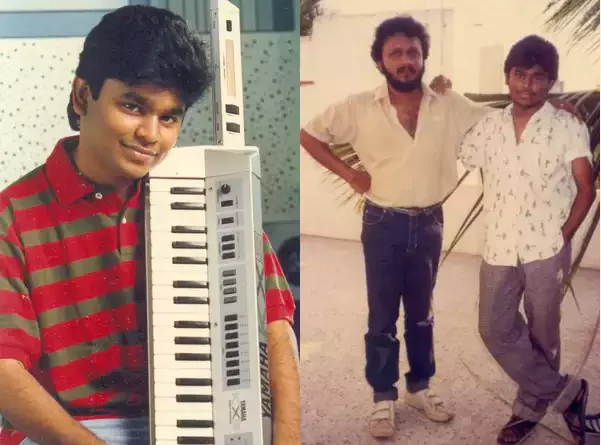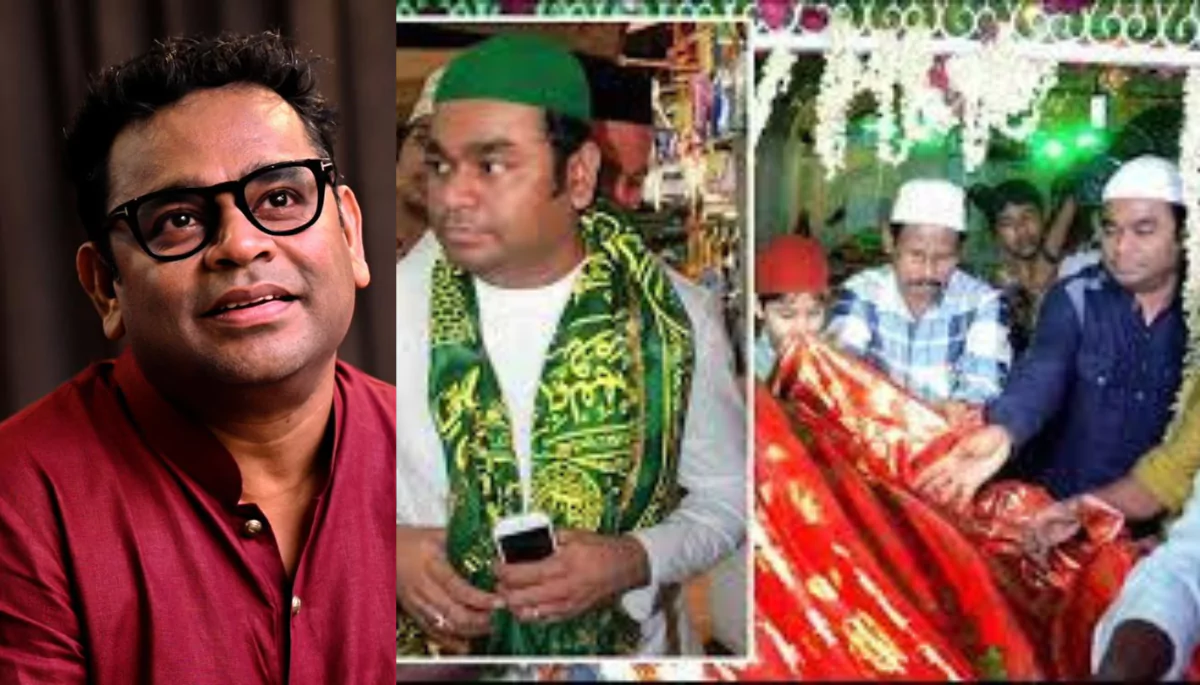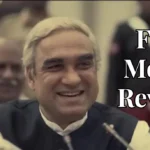AR Rahman Birthday
On the occasion of AR Rahman’s 57th birthday, it is an opportune moment to reflect on the remarkable journey of the musical maestro, tracing his evolution from Dileep Kumar to the global icon known as Allah Rakha Rahman.
AR Rahman’s life story is not only a testament to his musical genius but also a narrative of personal transformation, spiritual enlightenment, and unwavering dedication to the art of creating harmonious melodies.
About AR Rahman

Born on January 6, 1967, in Chennai, India, Rahman emerged from a Hindu family deeply rooted in the musical tradition. His father, RK Shekhar, a prominent film-score composer, laid the foundation for Rahman’s musical exploration. From a tender age of four, Rahman embarked on his musical odyssey, showcasing an innate talent that hinted at the prodigy he would become.
Tragedy struck AR Rahman’s life at the young age of nine when his father passed away, leaving him with the responsibility of supporting his family. In the face of hardships and challenges in the music industry, Rahman, then known as Dileep Kumar, began to question his purpose and identity. It was during this tumultuous period that Rahman encountered a turning point that would reshape his life forever.
Introduced to Islam by his mother’s family and some friends, Rahman found solace in the teachings of Qadiri Islam, a Sufi order emphasizing love, peace, and harmony. Drawn to the mysticism and spirituality of Islam, Rahman embraced the faith at the age of 23, marking a profound transformation in his personal and artistic journey.
AR Rahman converted from Hinduism to Islam
Choosing the name Allah Rakha Rahman, meaning “the merciful and compassionate one,” Rahman’s conversion to Islam was a deeply personal choice. He emphasized that this decision was not an imposition of his beliefs on others but a path he chose for inner peace, direction, and balance in his life.
The impact of Rahman’s faith on his music was a testament to the coexistence of spirituality and artistic expression. Despite his conversion, AR Rahman’s musical style remained diverse and inclusive, reflecting collaborations with artists of various religions and backgrounds. In his compositions, Rahman seamlessly incorporated elements of Islamic music, including Quranic recitations, the call to prayer, and Sufi devotional songs.
AR Rahman’s faith became a wellspring of inspiration for creating uplifting, positive, and universal music. His compositions became a medium through which he expressed gratitude to a higher power and conveyed messages of love and harmony to a global audience. Music, for Rahman, was not merely a vocation but a divine gift that he used for the greater good.
Prayer played a pivotal role in Rahman’s life, contributing to his focus, humility, and discipline. He embraced the Islamic tradition of praying five times a day and observed fasting during Ramadan. These spiritual practices became a source of strength, guiding AR Rahman away from negative influences and grounding him in a sense of purpose.
AR Rahman Achievements:
Despite the profound personal transformation that accompanied Rahman’s conversion, his global recognition and success continued unabated. Rahman’s crowning achievement came in 2009 when he became the first Indian to win two Academy Awards for his work on the film “Slumdog Millionaire.” His success extended to the Grammy Awards, BAFTA Award, and Golden Globe Award, solidifying his status as a global musical luminary.
Collaborations with international legends such as Michael Jackson, Mick Jagger, Sting, Dido, and MIA further showcased Rahman’s ability to transcend cultural boundaries through his music. Performances at prestigious venues and events like the White House, the Nobel Peace Prize Concert, the Oscars, and the United Nations added to Rahman’s global acclaim.
Beyond musical achievements, Rahman leveraged his fame to become a global ambassador of peace and goodwill. He used his influence to support various social and humanitarian causes, including education, health, environment, and women’s empowerment. In 2009, Rahman founded the AR Rahman Foundation, reflecting his commitment to providing quality education and opportunities to underprivileged children.
The accolades continued to pour in for AR Rahman, including the Padma Shri, Padma Bhushan, Polar Music Prize, and Chevalier of the Order of Arts and Letters. Rahman’s religion, far from being a hindrance, became an integral part of his personal journey, musical vision, and social mission.
As we celebrate AR Rahman’s birthday, his life stands as a living example of how faith and music can transcend boundaries, unite people, and inspire millions around the world. Rahman, a true legend, continues to be a source of inspiration for those who believe in the transformative power of talent, faith, and an unwavering pursuit of excellence.
Also read, How AR Rahman became the Mozart of Madras
Hope you like this news. Keep sharing and read pal pal ki khabrein.










